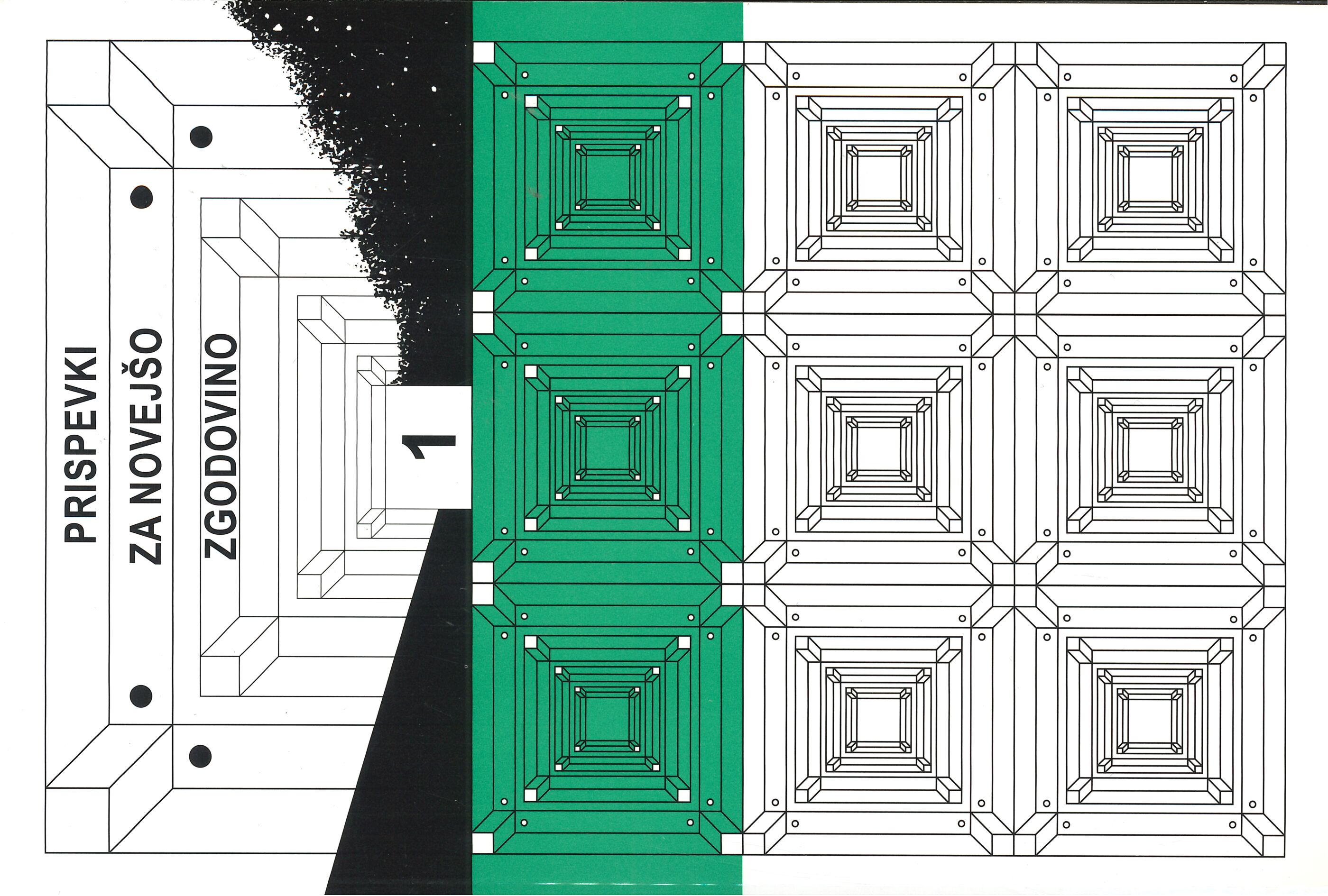Habsburška država kot okvir političnega sobivanja na Slovenskem – poizkus opredelitve širšega prostora
Ključne besede:
Slovenci, habsburška monarhija, politika, kohabitacija, demokracija, politična kulturaPovzetek
Avtor v začetku članka opredeli koncept političnega in družbenega sobivanja (kohabitacije) kot pojmovno orodje za analizo procesov (ne)upoštevanja, vključevanja-izključevanja, ki jih prakticirajo družbene in politične skupine. Nato obravnava splošno razmerje med demokracijo in kohabitacijo v politični filozofiji, sodobni teoriji demokracije ter v katoliški in marksistični tradiciji. Tretji del je posvečen vlogi sobivanja v sodobni slovenski publicistiki, kjer je močno navzoča teza o slovenski razcepljenosti. Brez poznavanja družbenih razmer v habsburški državi ni mogoče razumeti političnega sobivanja v slovenskem prostoru v začetku 20. stoletja. V zadnji desetletjih sta v zgodovinopisju o habsburški monarhiji opazna predvsem dva koncepta/pojma: politična kultura in civilna družba. V prispevku avtor na temelju primerjalne zgodovinopisne literature prikaže pomen politične kulture, civilne družbe in radikalizacije političnega prostora v zadnjih desetletjih habsburške monarhije za vprašanje političnega sobivanja v slovenskem prostoru.
Prenosi
Objavljeno
Številka
Rubrika
Licenca
Avtorji prispevkov, objavljenih v tej reviji, soglašajo z naslednjimi pogoji glede avtorskih pravic:
- Avtorji ohranijo avtorske pravice, reviji pa odobrijo pravico do prve objave. Delo se hkrati zaščiti z licenco za prosto uporabo avtorskih del (Creative Commons Attribution License), ki drugim osebam omogoča deljenje dela ob priznanju avtorstva in prve objave v tej reviji.
- Avtorji lahko sklenejo ločene dodatne pogodbene dogovore za neizključno distribucijo različice dela, objavljene v reviji, (npr. oddaja v institucionalni repozitorij ali objava v knjigi) z navedbo, da je bilo delo prvič objavljeno v tej reviji.
- Pred postopkom pošiljanja in med njim lahko avtorji delo objavijo v spletu (npr. v institucionalnih repozitorijih ali na svoji spletnih strani), k čemer jih tudi spodbujamo, saj lahko to prispeva k plodnim izmenjavam ter hitrejšemu in obsežnejšemu navajanju objavljenega dela (glej The Effect of Open Access).


